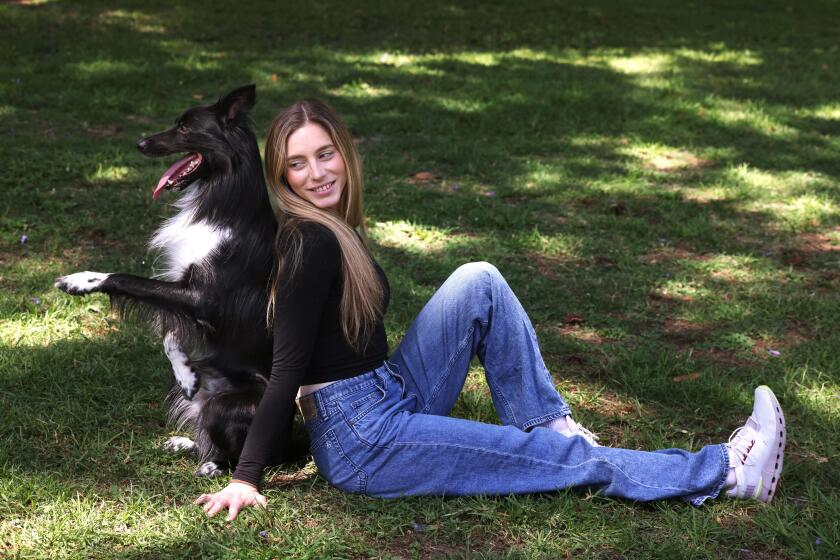Disney Suffers Blow in Pooh Case
Walt Disney Co. has suffered a significant legal setback in its fight to avoid paying more than $200 million in royalties from the sale of videotapes and computer games featuring Winnie the Pooh.
The California Supreme Court for the second time effectively has blocked an appeal by Disney to keep jurors from being told that the company destroyed boxes of evidence, including one labeled “Winnie the Pooh -- legal problems.”
In addition, Disney will not be allowed to dispute that a late company executive promised the plaintiffs that they would be entitled to the royalties.
“They can shred, but they can’t hide,” said attorney Bert Fields, who represents the family that holds Winnie the Pooh merchandising rights.
“It’s a catchy quip,” responded Disney spokesman John Spelich, “but Mr. Fields well knows the court did not find that Disney willfully destroyed documents.” He said Disney would continue to press its case in court.
On Wednesday, the state Supreme Court, without comment, refused to hear an appeal by Disney, which was seeking to have sanctions lifted that had been imposed by a Los Angeles County Superior Court judge.
The high court’s action is the latest development in a 12-year-old lawsuit filed by Shirley Slesinger Lasswell and her daughter, Patricia Slesinger, who inherited the Pooh merchandising rights in the 1950s. They maintain that Disney has cheated them out of at least $200 million, perhaps as much as $1 billion, in royalties on Pooh-related videocassettes, DVDs and computer software.
Disney, however, contends that it does not owe royalties on the sale of videos or computer software because those products were not mentioned in a 1983 agreement with the Slesingers.
The issue that reached the California Supreme Court began with an August 2001 ruling by Los Angeles County Superior Court Judge Ernest Hiroshige. After hearing evidence that Disney destroyed dozens of boxes of documents relating to Winnie the Pooh, Hiroshige determined that Disney “knew or should have known” that the Slesingers’ lawyers would be interested in those records.
The judge said Disney “made false and evasive responses” to the Slesingers and “unduly delayed disclosing destruction of evidence.” He ordered Disney to pay the plaintiffs $90,000 for legal fees. More significantly, Hiroshige ruled that jurors in the trial would be told that Disney destroyed evidence, and he barred the company from challenging claims that a ranking executive promised the Slesingers that they would be paid the disputed royalties.
Disney does not dispute that the documents were destroyed, but it argued in an appeal that the sanctions, and the jury instructions in particular, were too severe. Disney maintains that the documents were irrelevant and that their destruction was not part of any deception. They were tossed during a housecleaning after the executive’s death, the company said.
An appellate court rejected Disney’s request to throw out the sanctions, and the state Supreme Court denied a review of that decision. Disney then revised its appeal to focus on the $90,000 penalty, arguing that it was “excessive and unwarranted” and that the entire ruling should be overturned.
But Fields trumped Disney, returning the $90,000 and thereby eliminating the basis of Disney’s argument, according to an appellate court. The state Supreme Court on Wednesday refused to reverse that ruling -- an act that Disney dismissed as “technical.”
Disney, meanwhile, has opened a new front in the ongoing litigation. In a recent filing, the company alleged that the Slesingers have concealed confidential documents stolen from Disney offices. As a result, the company has asked Hiroshige to dismiss the case or, at a minimum, remove the proposed jury instruction about Disney’s destruction of documents and any alleged promises made to the Slesingers.
More to Read
The biggest entertainment stories
Get our big stories about Hollywood, film, television, music, arts, culture and more right in your inbox as soon as they publish.
You may occasionally receive promotional content from the Los Angeles Times.











